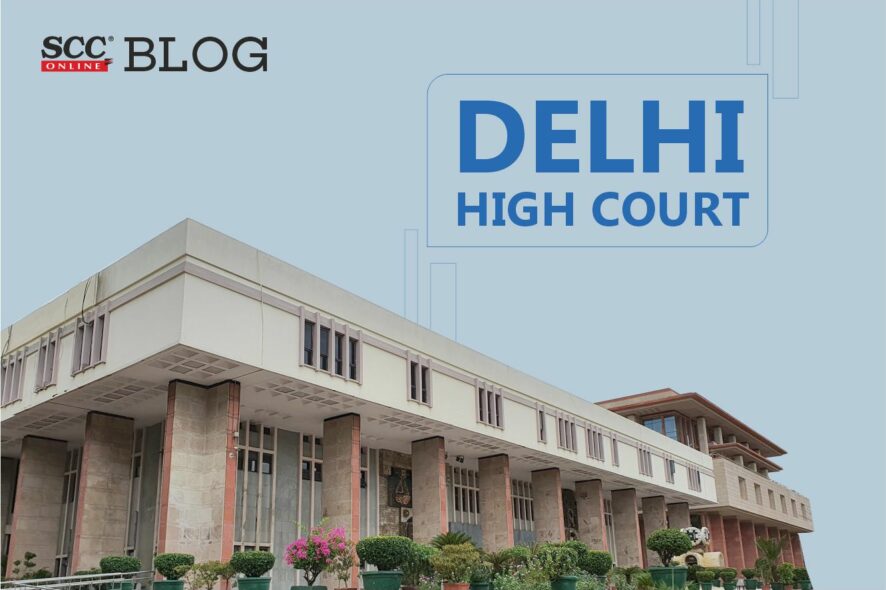Delhi High Court: C Hari Shankar, J. opined that Section 5 of the Limitation Act, 1963 will apply in respect of appeals preferred under Section 18 Sexual Harassment of Women at Workplace (Prevention, Prohibition & Redressal), Act 2013 (‘POSH Act') because if a Court were to refuse to condone a delay of as little as 36 days in an alleged victim of sexual harassment preferring an appeal under Section 18 against the report of the inquiry committee the objective behind the legislation fails.
Respondent 1 accused Respondent 2 of having harassed her, sexually, at the workplace. The complaint was referred to an internal complaints committee which exonerated Respondent 2. Respondent 1 preferred appeal under Section 18 POSH Act before Central Government Industrial Tribunal wherein the impugned order was passed condoning the delay application by Shailja Naqvi for a delay of only 36 days. Aggrieved by the condonation grant, the petitioner invoked Article 227 of the Constitution of India.
Counsel for petitioner contended that no provision for condonation of delay is to be found in Section 18 of the POSH Act, and as Section 18(2) uses the word “shall”, CGIT could not have condoned the delay in filing of appeal by the respondent.
Reliance was placed on Commissioner of Customs and Central Excise v. Hongo India Pvt Ltd., (2009) 5 SCC 791 wherein it was observed that where the Central Excise Act envisaged condonation of delay in preferring appeals or application, it specifically so provided. As no such provision for condonation of delay, appropriate applications under Section 35-H of the Central Excise Act, 1944 found place therein, the Supreme Court held that it was not permissible to seek recourse to Section 5 of the Limitation Act for condonation of delay in filing such an application.
The Court relied on Hongo India case (supra) and New India Assurance Company Ltd. v. Hilli Multipurpose Cold Storage Pvt. Ltd. (2020) 5 SCC 757 to note that in light of the facts of the present case, the approach of CGIT is completely in accordance with the scheme of the POSH Act. The POSH Act is an ameliorative statute, intended to redress a serious social evil and victims of sexual harassment at the workplace suffer untold trauma, mental, physical and spiritual.
The Court further affirmed the view of CGIT that a victim of sexual harassment remains in a state of trauma and it cannot be expected that she would immediately rush to a Court seeking appellate remedies. It would be completely antithetical and inimical to the very scope and purpose of POSH Act, if a Court were to refuse to condone a delay of as little as 36 days in an alleged victim of sexual harassment preferring an appeal under Section 18 against the report of the inquiry committee.
Thus, the Court held that Section 5 of the Limitation Act would apply in respect of appeals which may be sought to be preferred under Section 18 of the POSH Act.
[DB Corp Ltd. v. Shailja Naqvi, 2022 SCC OnLine Del 2211, decided on 21-07-2022]
Advocates who appeared in this case :
Mr. Rajat Manchana, Ms. Tanya Singh and Ms. Radhika Jain, Advocates, for the Petitioner;
Mr. Manu Mishra, and Ms. Shreya Dutt, Adv. for R-2.
*Arunima Bose, Editorial Assistant has reported this brief.







